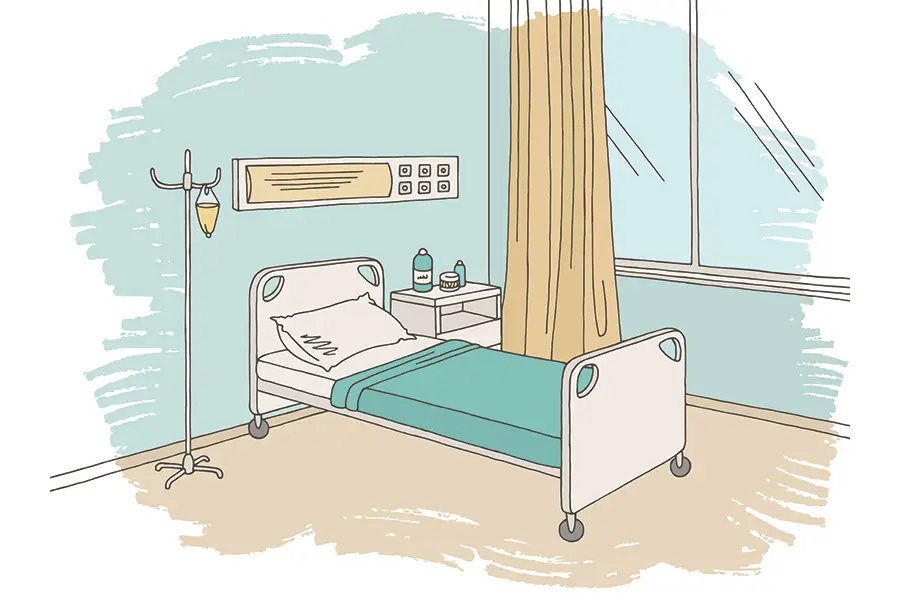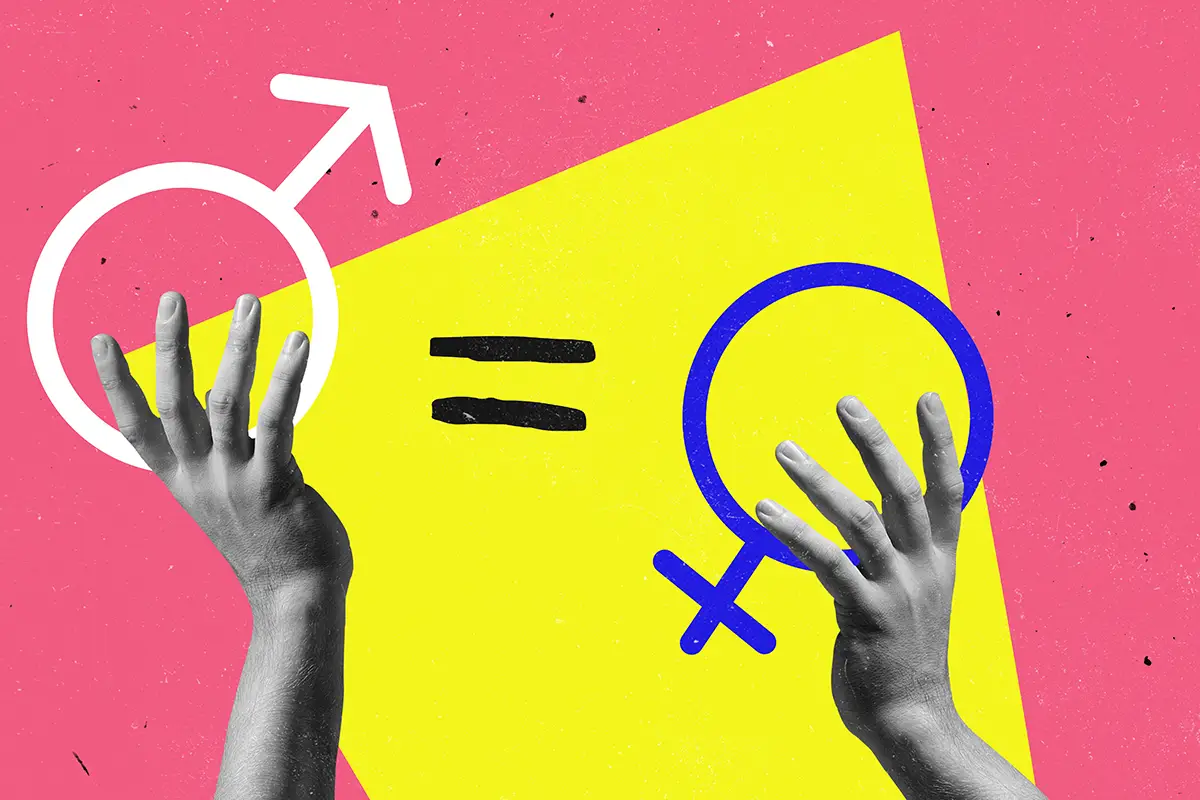Not Out of The Woods
Our Region’s Urgent Need to Mainstream Mental Healthcare
Picturesque doesn’t always mean picture perfect. Although we may feel fortunate to live in such a beautiful part of the country, when it comes to mental health, New Hampshire and Vermont are especially vulnerable. For rural communities, access to mental healthcare is a particular challenge.
Here’s why:
- Rural areas have 20% fewer primary care providers than urban areas.
- 65% of rural counties do not have a psychiatrist.
- 81% of rural counties do not have a psychiatric nurse practitioner.
- In rural communities, the suicide rate is between 18.3 and 20.5 per 100,000 residents, compared to large urban communities where the rate is between 10.9 and 12.5 per 100,000.
For more information about rural mental health, visit Rural Minds.
How Dartmouth Health is Confronting Crisis & Squashing Stigmas
These alarming facts tell a disturbing story—but we can change the narrative. The truth is—there is no health without mental health. Too many people are suffering in silence and the numbers are simply too alarming to ignore. According to the National Alliance on Mental Illness, roughly 221,000 adults in New Hampshire have a mental health condition. That’s more than five times the population of Concord. At Dartmouth Health, we’re mindful of this escalating crisis and the devastating toll it’s having on individuals, families, and businesses throughout our region. By promoting awareness, advancing research, and providing better access to comprehensive interventions/treatments, we can save lives and dramatically improve the overall wellbeing of our friends and neighbors. The following are some of the many ways we are striving to minimize this unprecedented health crisis for the people of New Hampshire and Vermont.
We Hear Your Pain
Recently, Dartmouth Health conducted a comprehensive community needs assessment. Regional respondents were asked to select the top 5 most pressing health needs or issues in the community from a list of 27 potential topics. For the people of New Hampshire and Vermont, access to mental health is their number one concern. For this reason, we must continue to pursue innovative, urgent approaches to intervention, treatment, and access.
Heads Up
Through an ongoing series of easily accessible mental health webinars, we are meeting people where they are with meaningful guidance about next steps. For more information about our Heads Up program visit Heads Up: A Year-long Mental Health Awareness Journey
MORE Is Better
Our Moms in Recovery program (MORE) is a safe space where women who are in recovery from substance use disorder can get the help they need. We offer a variety of services to support pregnant and parenting women including prenatal care, immunizations, family planning, screening/treatment for sexually transmitted infections and hepatitis, and help with finding primary car providers. To learn more about MORE visit https://www.dartmouth-hitchcock.org/moms-recovery
On Call 24/7 For Crisis
Dartmouth Health understands that mental health intervention can’t wait. This is why we’ve developed a 24/7 crisis response network. Our mobile crisis response and behavioral health crisis support teams are a just a phone call away for those who need it, and help is just three digits away. In 2019, the federal government recognized the growing need for accessible and immediate mental health intervention. Soon after, 988 was launched as the nationwide, easy-to-use, 3-digit dialing code for individuals in crisis. The goal of the 988 Lifeline was to improve immediate support to meet the nation’s growing mental health, suicide, and substance use distress needs. Getting access to urgent care has never been more convenient with Dartmouth Health's Virtual Urgent Care (powered by MDLIVE). With fast, 24/7 access to virtual emergency care by laptop or smartphone, we’re making it easier than ever for individuals to get the care they need, when and where they need it most. For a complete listing of the many ways in which Dartmouth Health’s Substance Use and Mental Health Initiative (SUMHI) is making a positive difference in communities throughout our region visit https://www.dartmouth-hitchcock.org/sumhi
Harsh
REALITIES
New Hampshire Stats:
- The state of New Hampshire has the second highest suicide rate in New England, and the 19th highest suicide rate in the US.
- Suicide is the 8th leading cause of death in NH overall, and the second for residents aged 15-34 in the state.
- On average, one person dies by suicide every 36 hours in the state.
— M.I.A.S.P. “SUICIDE RATES IN NH - ONE OF THE HIGHEST RATES IN THE COUNTRY,” 2018
Vermont Stats:
- In 2021, there were 142 suicide deaths among Vermont residents, with a rate 21.0 per 100,000. This is the highest number and rate of suicide deaths recorded in Vermont.
- Suicide is the 8th leading cause of death in the state.
— Vermont Department of Health, “Intentional Self-Harm and Death by Suicide,” 2022





